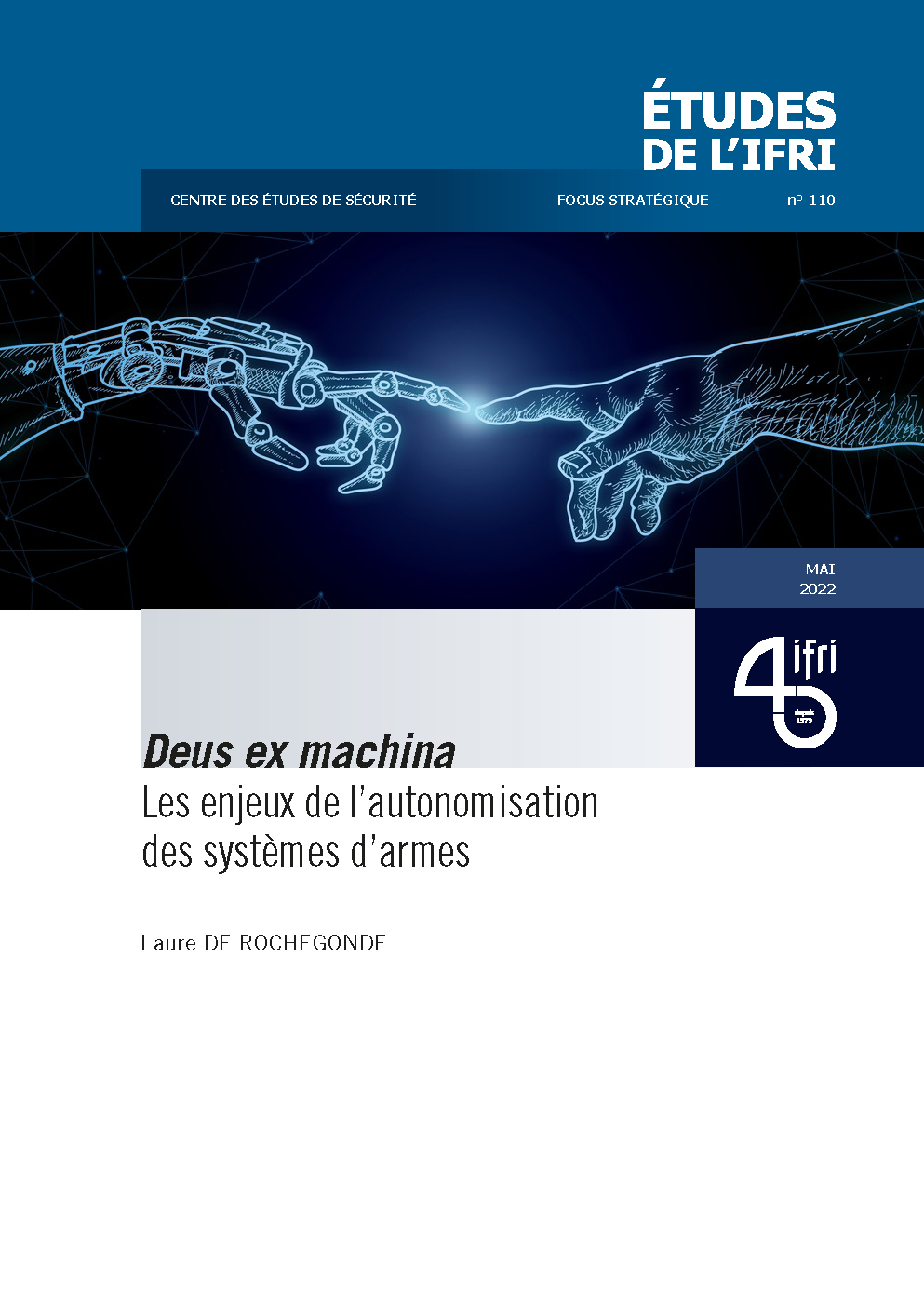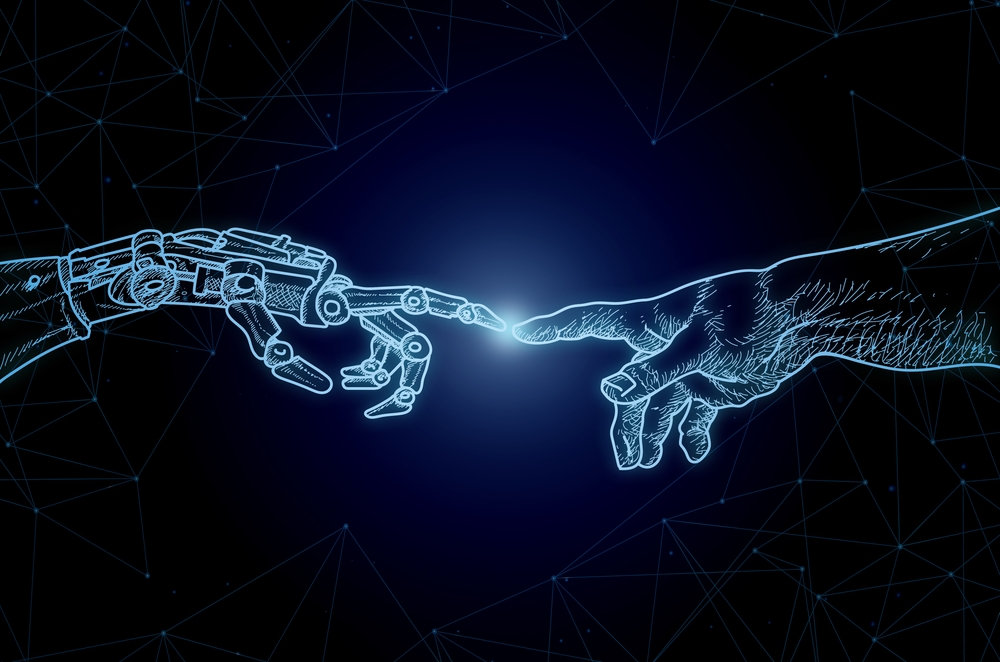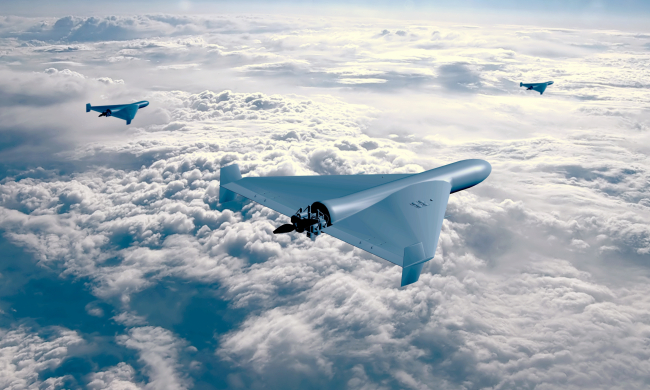Deus ex machina : les enjeux de l’autonomisation des systèmes d’armes

While the automatization of machines is part of an already long historical, conceptual, and technical trajectory, the exponential progress of artificial intelligence techniques, robotics and their military applications suggest the emergence of systems that integrate more autonomy. Indeed, despite campaigns calling for a moratorium on autonomous weapons, most military powers are developing programs focused on autonomy.

A full-fledged autonomous arms race is emerging, dominated by the United States and China – mainly due to a large, technologically advanced civilian digital industry capable of irrigating the development of military applications. Russia is closely following these two giants, thanks to numerous projects that it does not hesitate to experiment on theaters of operations. The review of their military investments in research and development, their public declarations and their presentations in this field demonstrates the significant attraction of these countries for the autonomization of weapon systems.
The appeal of weapon system autonomization is such that it is sometimes seen as a sort of "deus ex machina", capable of remedying both the problems associated with the reduction in the size of armies and the reduced tolerance for human losses on the battlefield. However, this study seeks to demonstrate that the autonomization of weapon systems cannot be a miraculous solution capable of alleviating all the problems faced by the French armed forces. If there is a "deus ex machina", it is only because of the contributions of technology to emerging weapons systems. However, this technological progress does not fall from the sky: it is therefore necessary to remain pragmatic in order to prepare for the paradigm shift brought about by the rise of autonomous systems.
While real game changers such as drone swarms or Lethal Autonomous Weapon Systems (LAWS) could soon arrive on the battlefield, it is essential to consider the capability and strategic implications that these technologies will have for the French armed forces. In this respect, the military need encourages the fastest appropriation possible of the technological building blocks allowing the autonomization of certain functions of weapon systems. However, the development of weapon systems integrating autonomy and the acculturation to these technologies represent a major challenge. Let's take the god out of the machine, therefore, in order to shed light on the military uses of systems integrating autonomy, as well as their implications for the French armed forces.
This content is available in French: "Deus ex machina : les enjeux de l’autonomisation des systèmes d’armes".

Available in:
Regions and themes
Share
Related centers and programs
Discover our other research centers and programsFind out more
Discover all our analysesThe Franco-German Brigade and the Revival of European Defense
One thing has been clear since Donald Trump's return to the White House: the very existence of the European unification project is threatened. Unless it develops a sovereign defense policy to counter the war in Ukraine and the weakening of American security guarantees, the European Union will continue to see its internal cohesion and external attractiveness wane.
Taking the Pulse: Can Europeans Build Their Independent Extended Nuclear Deterrent?
Confronted with a U.S. disengagement and the Russian threat, Europeans are reconsidering their stance on nuclear deterrence. Given the capabilities of the French and British arsenals, can Europe develop an independent nuclear deterrent?

RAMSES 2024. A World to Be Remade
For its 42nd edition, RAMSES 2024 identifies three major challenges for 2024.
A Transatlantic Defense Industrial Base? Two Contrasting Views
The evolving landscape of global defense cooperation has brought the transatlantic relationship between the United States (US) and Europe into sharp focus. As geopolitical tensions rise and the threat environment becomes more complex, the question of how Europe can best ensure its security while navigating its relationship with the United States has become paramount. This double feature report offers two contrasting views on the dynamics of US-Europe defense industrial relations, highlighting the challenges and opportunities that lie ahead for both parties.










